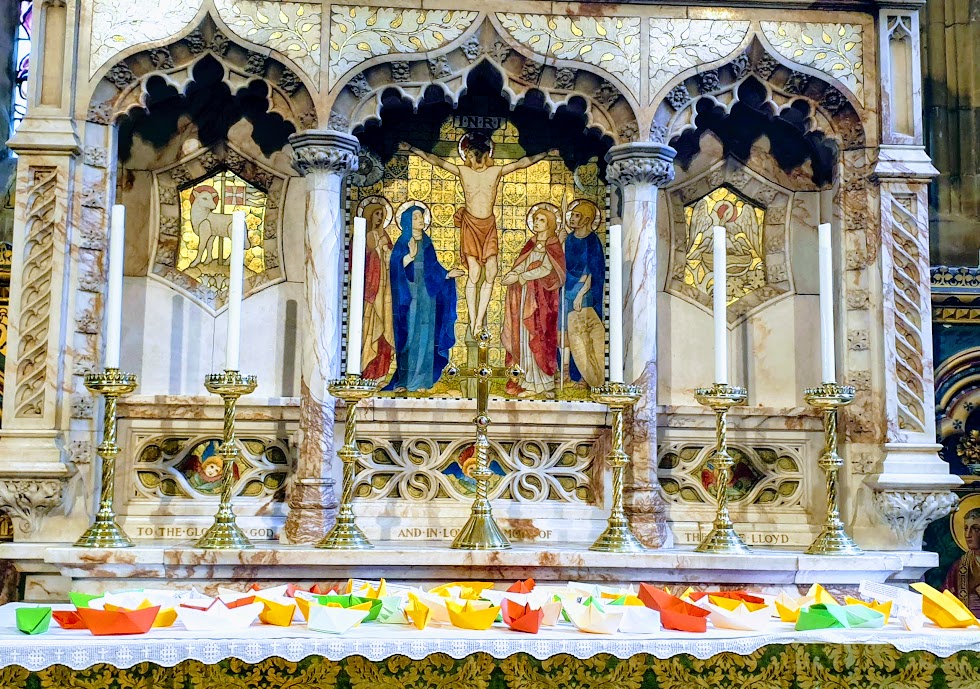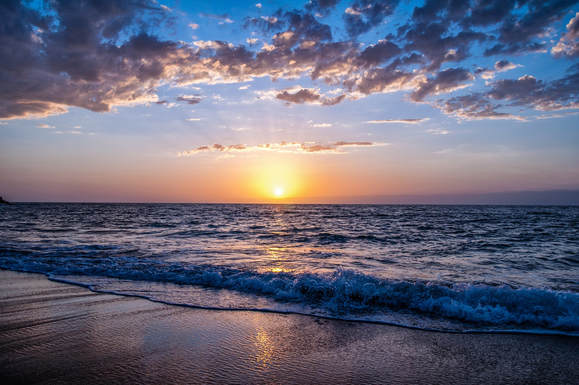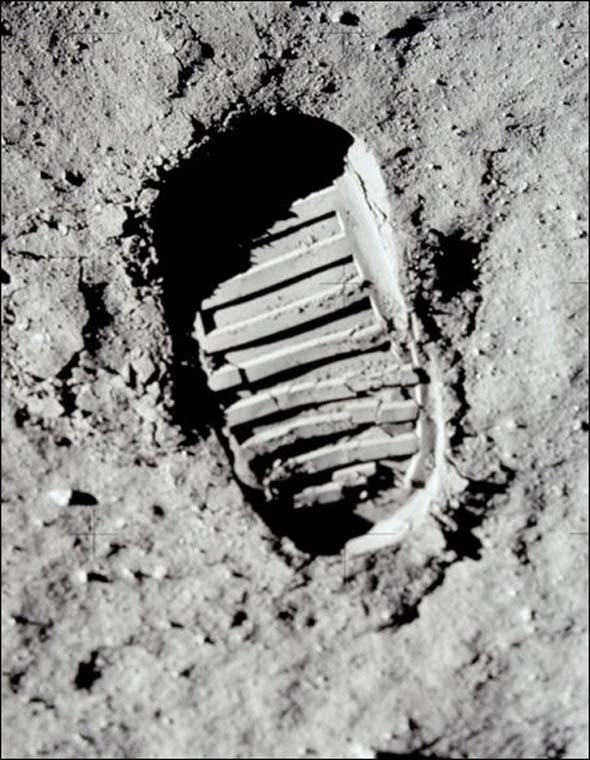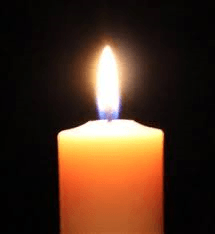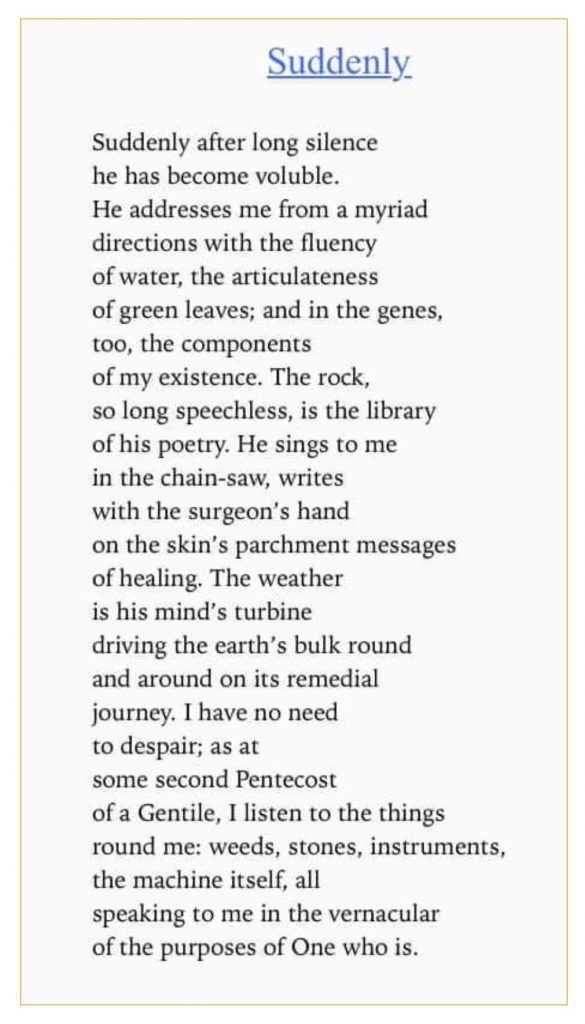Matthew 6:19-22 New Revised Standard Version (NRSV)
19 “Do not store up for yourselves treasures on earth, where moth and rust consume and where thieves break in and steal; 20 but store up for yourselves treasures in heaven, where neither moth nor rust consumes and where thieves do not break in and steal. 21 For where your treasure is, there your heart will be also.”
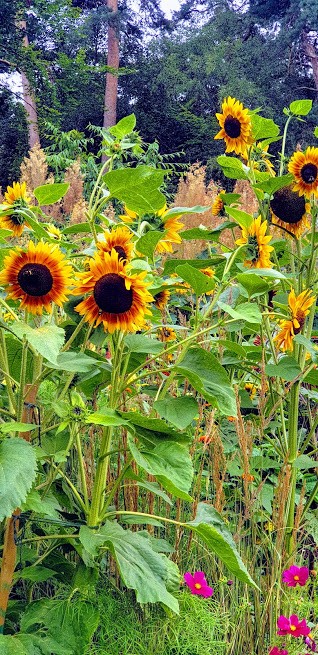
This is an interesting passage, designated for the fourth Sunday of Creationtide. This liturgical time invites us as a church community to look at our consumption of the earth’s resources; how we engage and co-operate with the bio-diversity of the planet; and where we intrude on others’ rights and exploit what is not ours to take. All those aspects are in this short reading – symbolised in the all-consuming rust, the result of our neglect; the moths which are attracted, as we are, to bright consumables; and the thieves, who trespass on land and person, ignore others’ wellbeing, and take what they have no right to, for themselves. It is clear from the imagery that this sense of trespass is social and economic, as well as physical, spiritual and to do with mental and emotional health.
If we look around us, as the next verse of this passage invites to, with a “sound eye,” “The eye is the lamp of the body, so, if your eye is healthy, your whole body will be full of light;” then we can see that if our heart is not God’s heart, and his Kingdom, then we are part of the problem; and that affects not just us, but all those with whom we are connected as God’s children in the world.
And of course, as modern science shows us, we are connected through DNA, through our bodies, with creation itself. A recent Guardian article quoted a ratio of around a three to one of microbial cells and human cells co-existing in the human body. Some key roles of microbes co-existing in our body include programming the immune system, providing nutrients for our cells and preventing colonisation by harmful bacteria and viruses.
A recent article in The Times (18th Sept) talked about the collaboration we can see in nature, in sunflowers. The implication being, in the context of this passage, that if we “treasure” these aspects, and work with, instead of against them, we can be part of a glorious liberation in God’s creation that sets his people free. Headed “rooting for each other,” the article sets out some research by Susan Dudley, a plant evolutionary ecologist from Canada, showing that sunflowers co-operate to share fertile patches of soil:
“The natural world is sometimes portrayed as a vicious gladiatorial arena in which only the fittest, most selfish specimens survive.
Not so for the sunflower: a study has shown that the plants co-operate below the surface, sharing nutrients and demonstrating the kind of collaborative behaviour once believed to be restricted to the animal kingdom.”
This is an extract from a letter from the Archbishop of the Congo and Bishop of Kindu, written for Creationtide and about the common good. It is up on the Church of England website, where there are other resources and prayers about Creationtide:
‘A true ecological approach always becomes a social approach; it must integrate questions of justice in debates on the environment, so as to hear both the cry of the earth and the cry of the poor. Everything is connected. Concern for the environment thus needs to be joined to a sincere love for our fellow human beings and an unwavering commitment to resolving the problems of society…Thanks to our bodies, God has joined us so closely to the world around us that we can feel the desertification of the soil almost as a physical ailment, and the extinction of a species as a painful disfigurement. Let us not leave in our wake a swath of destruction and death which will affect our own lives and those of future generations.’
– Most Revd Zacharie Masimango Katanda, Archbishop of the Congo and Bishop of Kindu
We can bring our thoughts together in a prayer from Sri Lanka:
God, my Creator,
I open my heart to you.
may it turn to you as the sunflower turns to the
sun.
God, my Redeemer,
take away from my heart everything that is not
love
so that I may reach out to you in my own
unworthiness.
God, my Sanctifier,
journey with me along life’s way
so that all that I am and all that I do
may bring greater glory to you the triune God.
